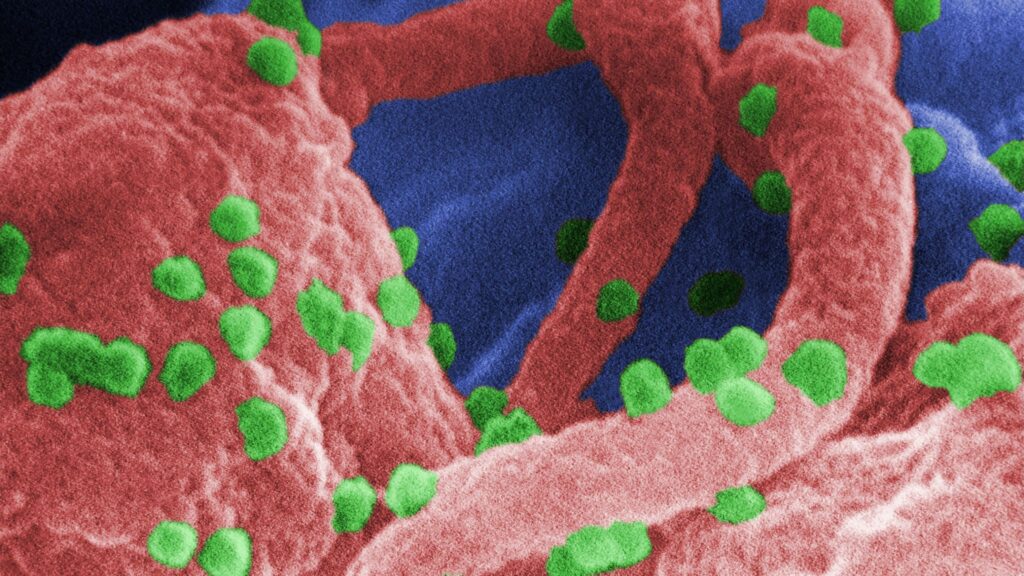
Scientists believe they have cured HIV in a woman for the first time using a stem cell transplant method to treat her leukaemia.
It has given researchers new information in their work to find an elusive cure for HIV after decades of work – and it is hoped the treatment could be made available to other patients.
Experts said the results showed the HIV – a condition which sees the progressive failure of the immune system – is undetectable in the woman’s system, although she will continue to be closely monitored as the virus could still appear again.
The treatment, which carries high risk and can currently only be adopted for patients with leukemia, is the first involving umbilical cord blood.
Free of the HIV virus for 14 months
She received a stem cell transplant in 2017 from a donor who was naturally resistant to HIV and has been in remission and free of the virus for 14 months without the need for any other potent treatments.
The patient has also been in remission from her leukaemia for more than four years.
The two prior cases occurred in males – one white and one Latino – who had received adult stem cells, which are more frequently used in bone marrow transplants.
The case was presented at the Conference on Retroviruses and Opportunistic Infections in Denver.
Sharon Lewin, president-elect of the International AIDS Society, said in a statement: “This is now the third report of a cure in this setting, and the first in a woman living with HIV.
The patient has also been in remission from her leukaemia for more than four years.
The two prior cases occurred in males – one white and one Latino – who had received adult stem cells, which are more frequently used in bone marrow transplants.
The case was presented at the Conference on Retroviruses and Opportunistic Infections in Denver.
Sharon Lewin, president-elect of the International AIDS Society, said in a statement: “This is now the third report of a cure in this setting, and the first in a woman living with HIV.
“Taken together, these three cases of a cure post stem cell transplant all help in teasing out the various components of the transplant that were absolutely key to a cure.”
The case is part of a larger US-backed study led by researchers at the University of California and Johns Hopkins University in Baltimore.
It aims to follow 25 people with HIV who undergo a transplant with stem cells taken from umbilical cord blood for the treatment of cancer and other serious conditions.





